These 20 Popular Brands Are Closing Their Doors Permanently In 2021
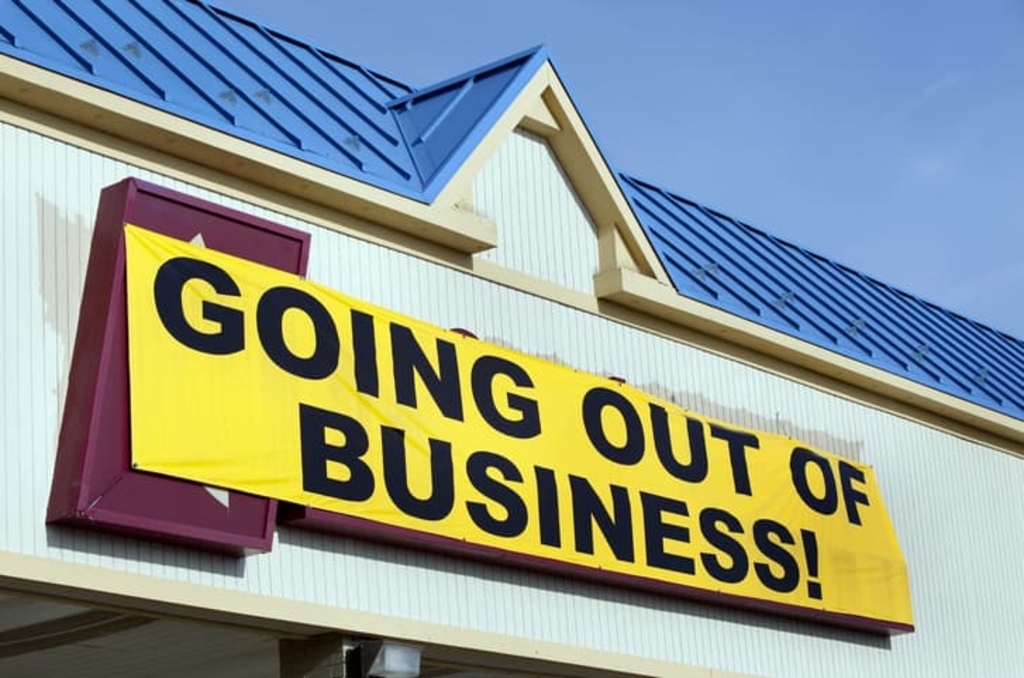
It is undeniable that some retail chains have failed to meet expectations since COVID began. Fear and social distancing practices have had an impact on shopping around the world. Many branches are located within malls, and now that malls are gone, most stores that benefited from foot traffic are in jeopardy. Because consumers increasingly purchase online, there appears to be less of a need for large malls and retail space. As a result, firms are being catapulted to simply go out and explore new techniques to establish their company in the next years. Check through this gallery to see which of your favorite stores might be closing their doors for good.
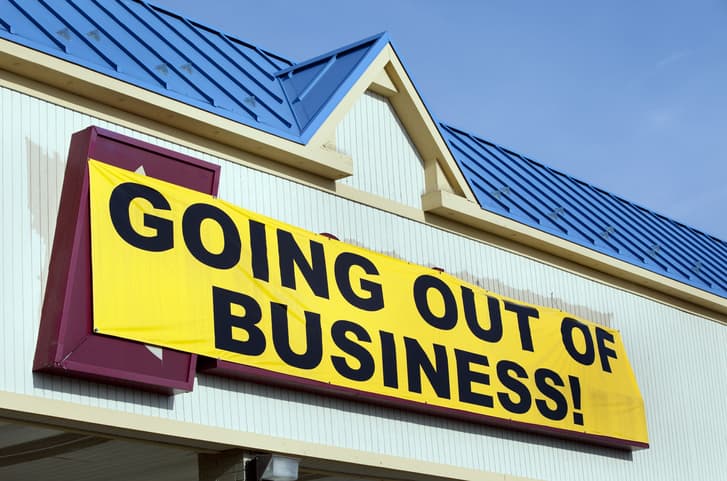
H&M’s focus is online
H&M, a fashion retailer with 5,000 locations globally, plans to close between 170-250 stores by the end of 2020 and the beginning of 2021 as its focus shifts to online shopping.
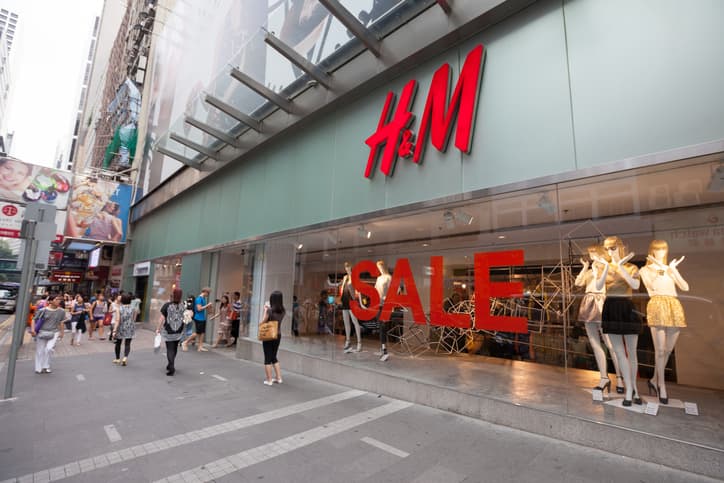
H&M has claimed that it wishes to honor the current changes by catering to its customers' requirements through online platforms. They are remaining adaptable and open to the rapid changes brought on by covid in order to provide appropriate improvements to their clients.
JCPenney
Rather than relying on the media, JCPenney appears to have it under control, alerting their clients on their website about the upcoming changes. Despite the fact that they had requested rent relief for all of their sites, the judge denied them owing to their failure to close the stores when instructed.
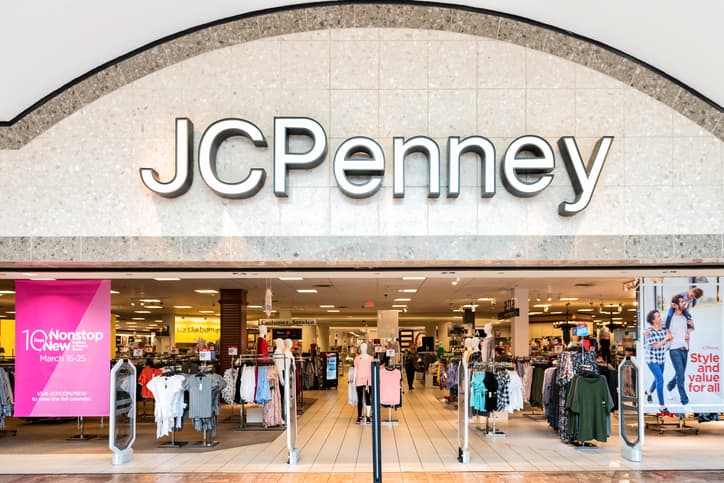
In order to restore and establish their finances and create a better retail presence, they plan to close approximately 200 outlets by 2020.
The majority of their stores, including their flagship, will remain open online.
GameStop
So far, roughly 300 GameStop stores are closing this year; however, there are estimates that the number will likely exceed 400. Currently, an estimated 5,122 outlets exist, which is significantly fewer than the previous year, with the goal of further reductions in the year 2021.
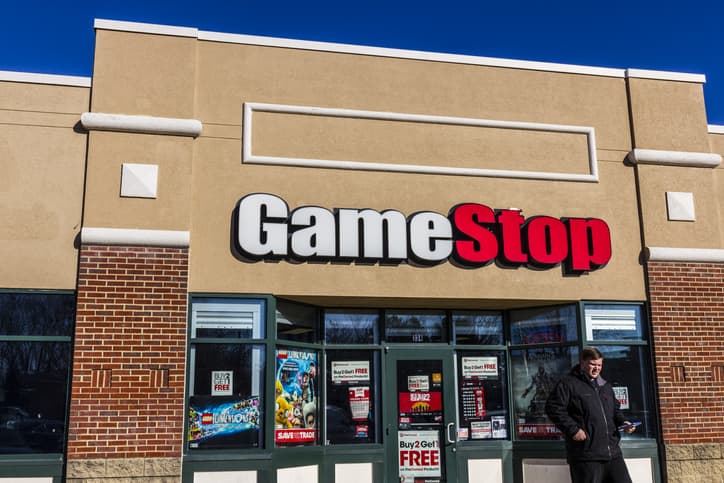
Even throughout the pandemic, GameStop was one of the few stores that remained open. GameStop wanted to keep selling games, but they weren't doing so well without a defined strategy. Their strategy is to keep closing stores that are "underperforming" in order to minimize expenses while increasing online sales. For many, this may be the "new" path.
Sears
Transformco owns both Sears and Kmart stores. There haven't been many stories on Sears and Kmart closings, but it appears that there are a lot of them. Though Sears was once one of the most well-known shops, the rise of many other retailers has resulted in the chain's downfall.
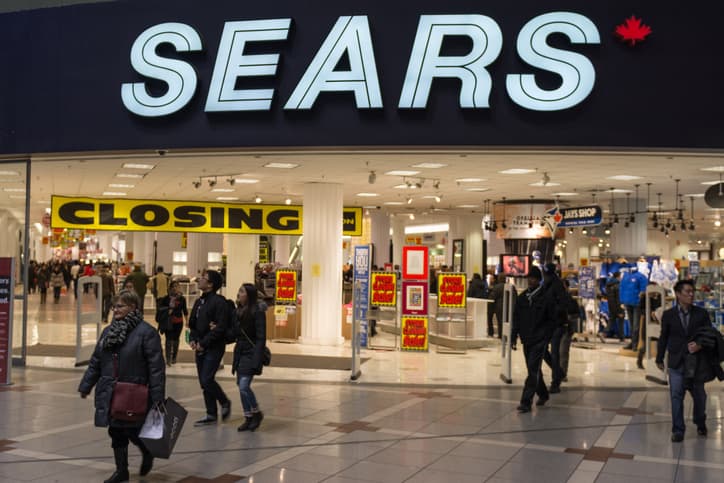
As of July 2020, roughly 13 Sears stores in North Dakota, California, New Jersey, Illinois, Ohio, Pennsylvania, Minnesota, New Hampshire, and Texas are set to close. Though it may not appear to be much in comparison to the other businesses on this list, Sears didn't have many stores, to begin with.
American Eagle Outfitters
American Eagle is a well-known clothing company in the United States; it is not going out of business, but up to 50 stores are expected to close permanently this year. Despite the closing of a huge number of stores, a new clothing line was created, and it flourished because the moment was perfect.
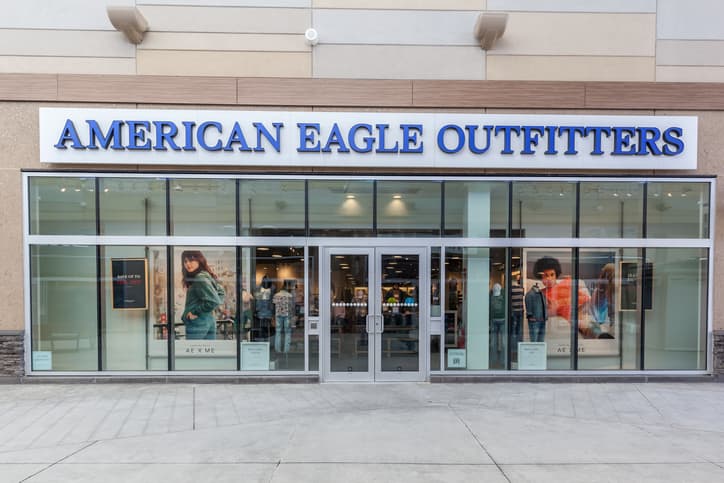
It was a lot easier to manage and incredibly cost-effective because so much of that line's work was done online. American Eagle designed a plan for the fall to optimize its revenue, sales, and inventory strategy, placing them in a far stronger position for the next year.
AT&T
In the months of November and December, AT&T appears to have closed approximately 300 retail locations. The strategy appears to be to maximize profits for shareholders and fund managers while ignoring the requirements of its employees and the impact on their lives if they are laid off during the holiday season.
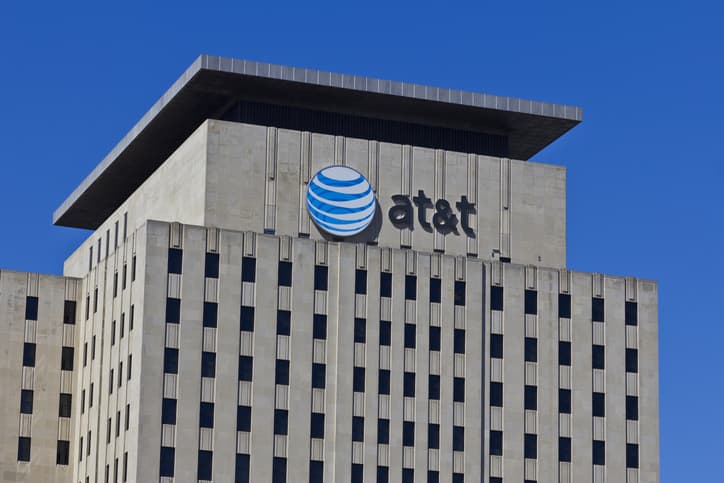
Nonetheless, according to certain sources, AT&T attempts to track customers and their shopping patterns. Despite the fact that these patterns aren't new, they were exceedingly implemented during the Covid duration.
Macy’s
Since the 1800s, Macy's has been a successful department store. However, in order to optimize their business, they had to close their locations in the early months of 2020 as well.
With rising cases going and coming, the CEO claims that it is jeopardizing their efforts to recover, particularly abroad, where tourism is at an all-time low.
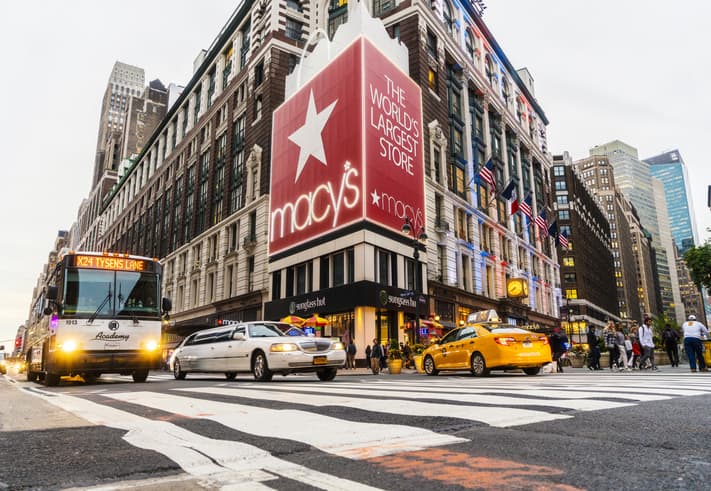 They started closing roughly 30 stores in 19 states that were located in low-tier malls with little foot traffic, including stores in Florida, California, and Hawaii. They intend to close 125 locations in total over the next three years, resulting in a 9 percent reduction in support and corporate employment.
They started closing roughly 30 stores in 19 states that were located in low-tier malls with little foot traffic, including stores in Florida, California, and Hawaii. They intend to close 125 locations in total over the next three years, resulting in a 9 percent reduction in support and corporate employment.
Gap
By 2024, Gap plans to close roughly 220 locations and over 100 Banana Republic stores in order to re-invent and re-establish their foundation in order to move forward in difficult times. Since the pandemic, their in-store sales have declined by roughly 18 percent while their internet sales have increased by about 90 percent. A brief point to add is that face masks were a big seller, with the corporation selling over $130 million worth of them.
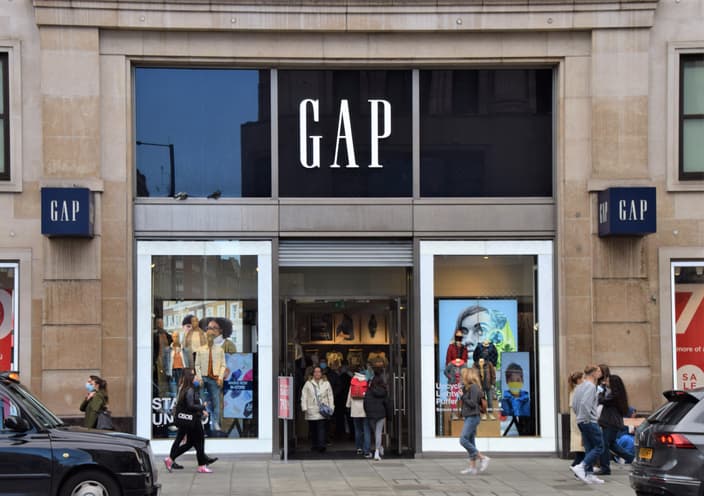
With this as proof that a business can thrive even in the face of a pandemic, they've continued to expand and thrive both in-store and online.
Michaels
Despite the fact that Michaels stores closed temporarily at the start of the pandemic, there are no reports of Michaels stores closing permanently. Some stores reopened in July, but others are still closed.
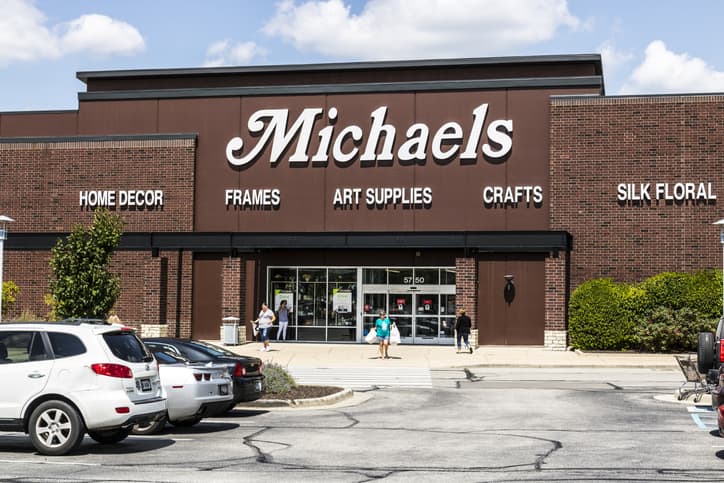
The company has reopened with new customer options in place, such as curbside pick-up for individuals who do not want to walk inside the store and even same-day delivery, now that they have had some time to restore its guidelines and business procedures. Michaels was able to increase e-commerce by 296 percent because of digital optimization.
Kmart
So far, around 45 Kmart stores have closed. Transformco, the parent company of Kmart and Sears, is reported to have begun liquidating its assets in July, with the corporation expected to collapse soon after. It may not be socially acceptable, but there appear to be less than 40 Kmarts left.
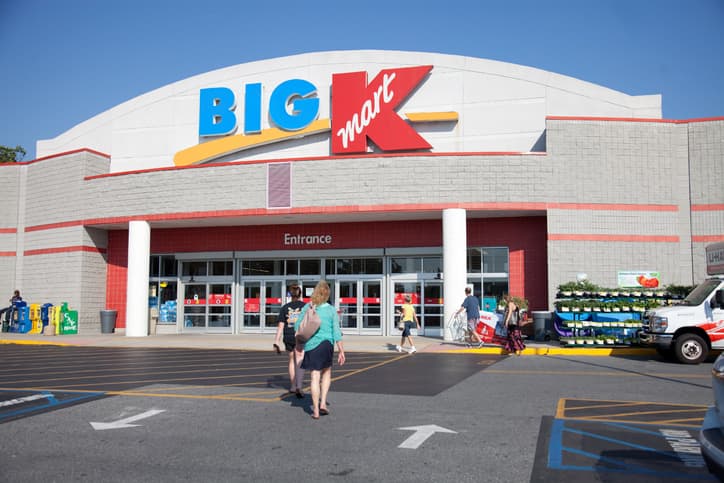
With barely a dozen in Puerto Rico and a few in Guam and the Virgin Islands, it may be on the verge of extinction.
Sears Hometown stores that have recently opened will not be affected.
Walgreens
Walgreens appears to have joined the Boots Transformation Plan, which means that around 48 Boots Opticians outlets will close. This will result in the layoff of around 7% of the company's workforce, primarily in the United Kingdom.
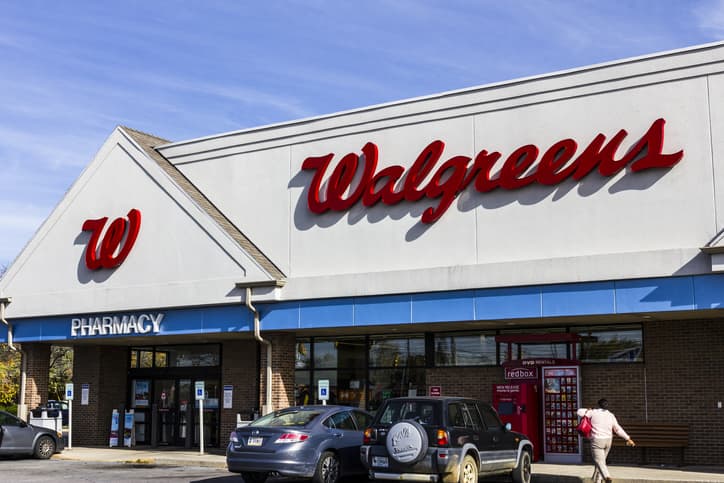
They did stay open throughout the pandemic, but it cost them extra since they followed the pandemic requirements, which included distance measures, increased labor expenditures, and thorough cleaning processes.
They did their hardest to be profitable, but the 'stay-at-home' procedures cost them a lot of money.
24-hour Fitness
Due to Covid, many of the well-known 24-hour Fitness locations in the United States have been temporarily closed. However, the chain filed for bankruptcy in July, and over 130 of its locations will be permanently closed. The majority of these are in Texas and California, but many are also in Florida, Colorado, Washington, Nevada, and other states that are being affected as well.
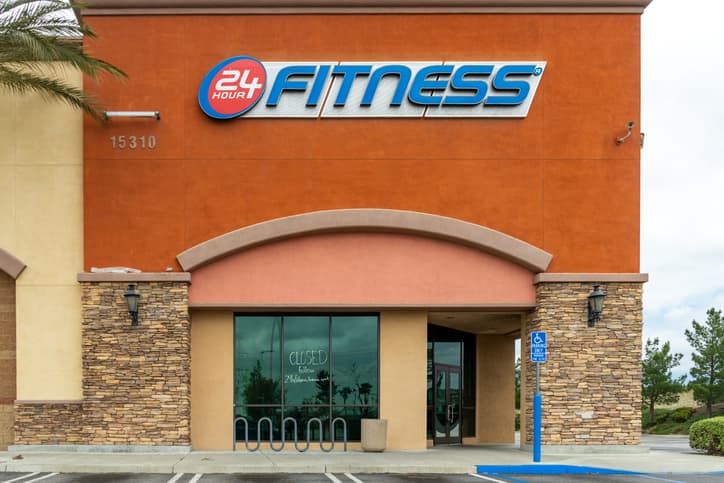
Even with gyms reopening, it may be too late for this company to recover given the hurdles and competition it will face.
Bath & Body Works
The parent firm of Bath & Body Works, L. Brands, was the one retail store that got a late start in the pandemic store closures. In 2020, they plan to close 50 locations in the United States and one store in Canada.
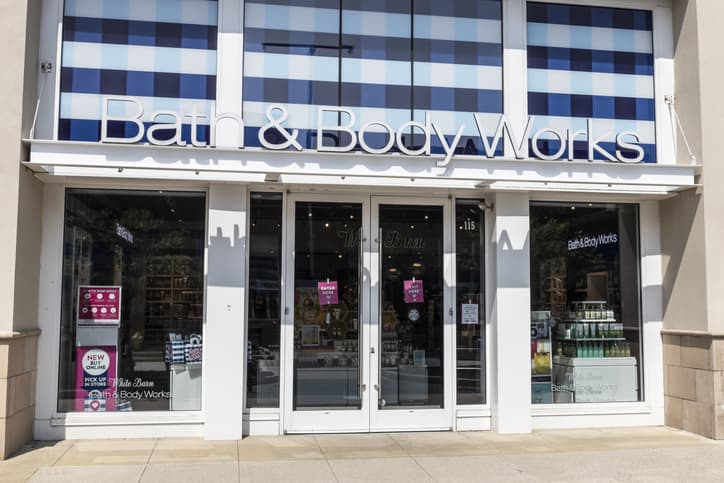
Regardless, it appears that soaps and hand sanitizers are the products that have boosted sales for Bath & Body Works, particularly online, and they are certain that this trend will continue in the months ahead. Despite the store closures, they do not appear to be concerned about their future.
Forever21
Due to a collective shift in fast fashion, Forever21, the largest fast-fashion brand in the world, filed for bankruptcy in 2019. It isn't new, but the number of stores closing as a result of the pandemic may be more noticeable, especially given the massive drop in mall footprints.
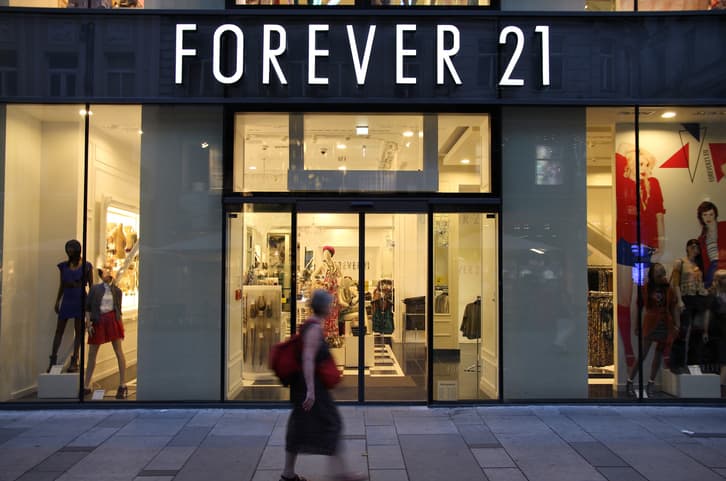
Over 350 stores have closed since 2019, with more expected to close this year, but the new owners plan to keep about 450 open through digital advertising and influential partnerships.
Nike
When the pandemic first hit, Nike began to close its stores in the United States. However, they appear to be open now, but within the confines of the precautions and guidelines. Although there are no plans to close physical locations, Nike has claimed that it is looking into expanding its e-commerce because their customers are increasingly moving online.
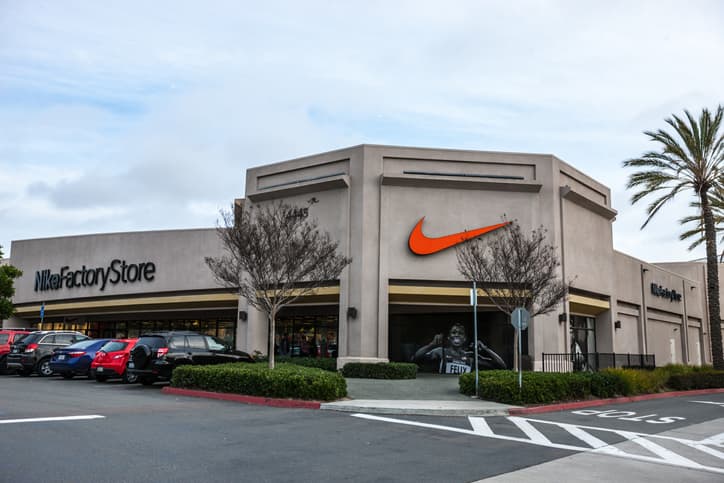
During the Covid disaster, Nike realized that they were earning the same amount of money since people were looking to work out at home more. It's possible that the online world will be their next move.
Bed Bath & Beyond
Over 60 locations were rumored to be closing in 2020, but by late July, the retailer revealed that over 200 outlets would be closed before the end of the year. As soon as the stores closed, the company put in place a scheme that allowed customers to buy online, pick up in-store, and have their orders delivered to their doorstep.
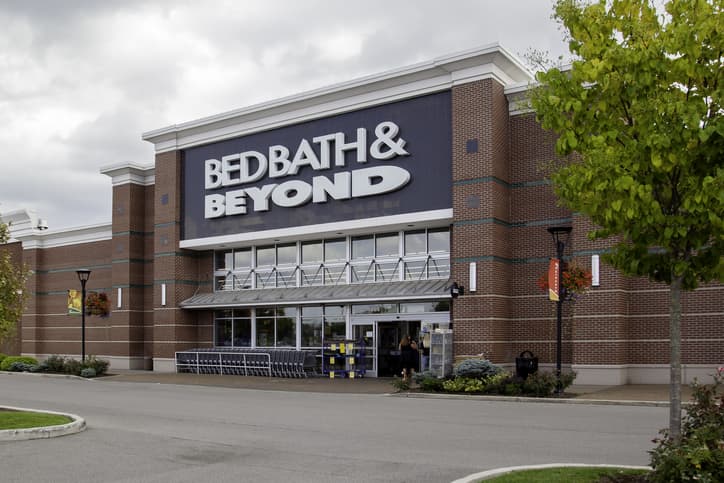
Their restructuring plan was certainly influenced by the pandemic. This is a two-year closing plan at the moment. They've announced a restoration plan to help them gather resources for a better approach to serve their customers while they consider their next move.
Century21
Century21 filed for Chapter 11 bankruptcy and began closing all of its 13 locations in New York, Pennsylvania, and Florida. Although no-layoff guidelines have been announced, around 800 employees will be affected throughout the three states.
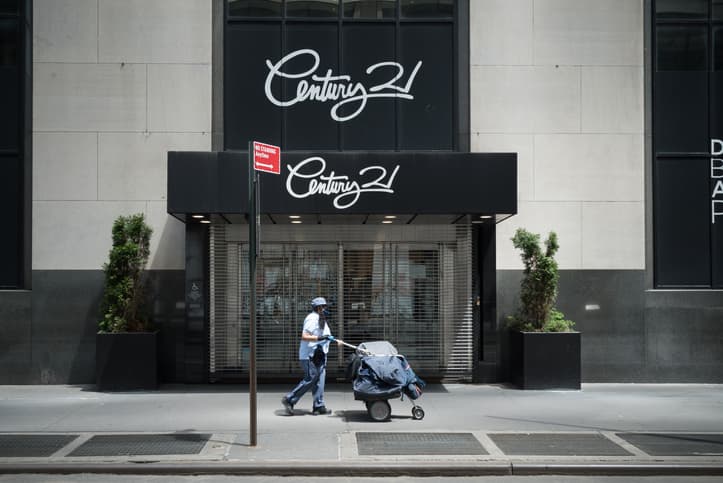
Century21 failed to receive the $175 million they had requested from its investors when they needed it the most, despite the fact that investors had put a lot of money into the company over the years. They have no choice but to shut down as a result of this.
Their liquidation and closure sales were even moved online.
Sephora
Sephora stores were scheduled to close in 2020. Around 3,754 employees were laid off, with severance compensation and support resources supplied. Their remaining 9,000 U.S. employees were to be paid in full for the duration of the stores’ closures until they reopened.
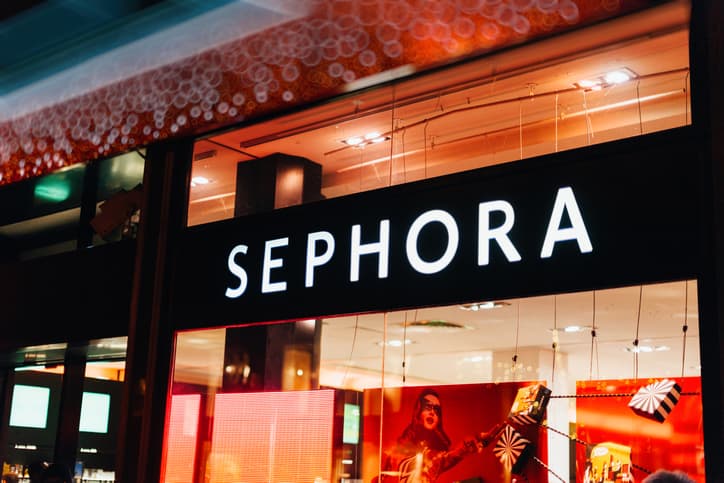
Aside from the significant losses, they are continuing their expansion into the new year by moving from JCPenney to Kohl's. Who'd have guessed? To increase their market and business, Sephora is looking to target younger consumers in more stand-alone centers (like Kohl's) in suburban areas rather than mall-type surroundings.
As a result, this cosmetics industry appears to be thriving.
Calvin Klein
PVH, Calvin Klein's parent company, claims that retail outlets are not designed to be closed for long periods of time, yet in July, PVH announced the temporary closures of approximately 160 stores across America for about six weeks.
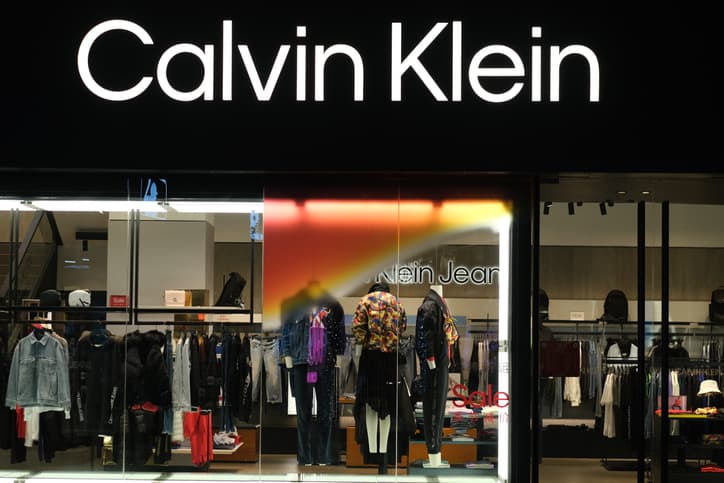
Retail sales dropped by almost 50%, whereas digital commerce sales increased by roughly 47%. PVH has taken a number of initiatives to secure the company's reinforcement, including reducing labor hours, lowering capital expenditures, and suspending cash payouts. We'll see if that's enough to keep them from sinking.
Office Depot
With the restructuring of their operating facilities and finances, Office Depot appears to be closing indefinitely, or at least by 2023. Closings and layoffs of roughly 13,000 people are expected to continue in the following months. With massive layoffs and new distribution, it's expected to cost $492 million in severance pay for employees and $88 million in restructuring costs.
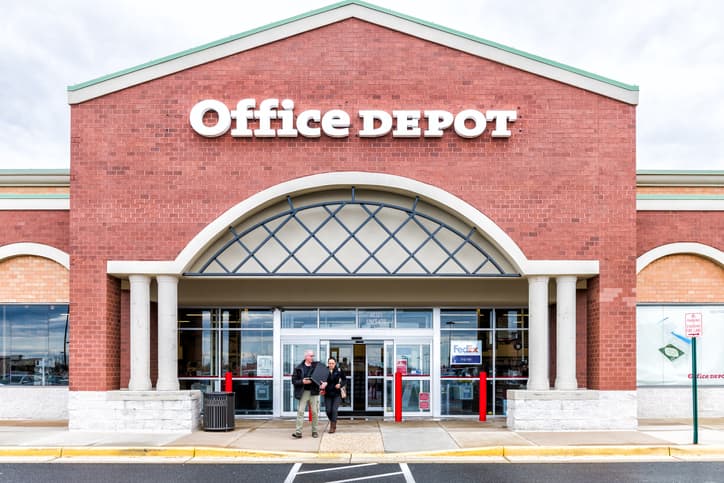
Office Depot is hopeful that by establishing a strong balance sheet and committing to financial regeneration, they would be able to issue credit in the future. This approach appears to be quite well-thought-out, and no additional reports have been made to date.



